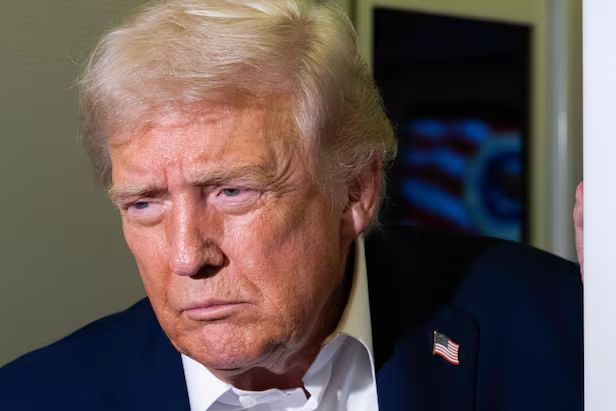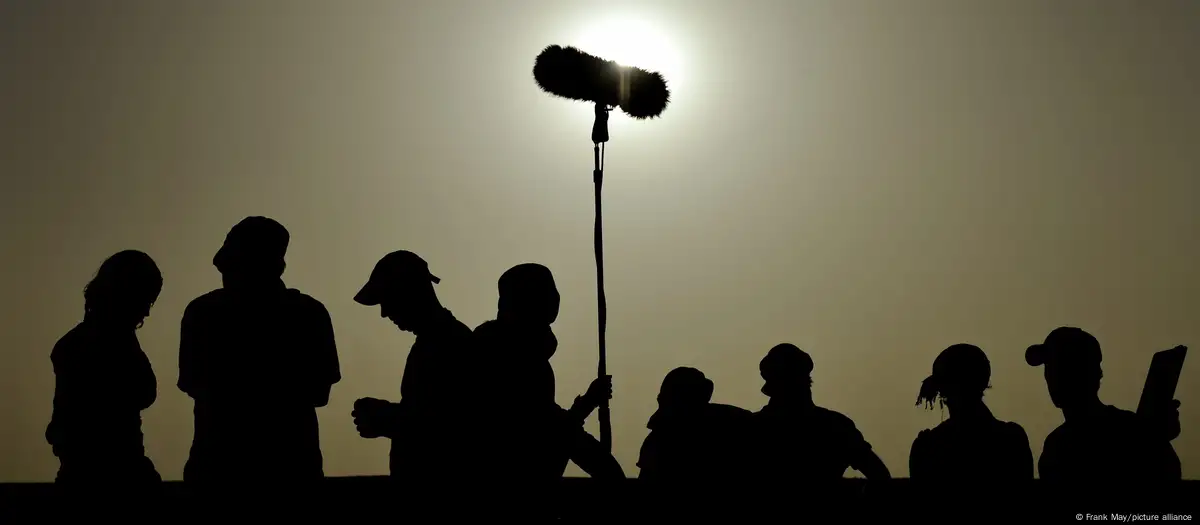
Trump’s Comment on French Reporter’s Accent Sparks Global Backlash
October 27, 2025
Rwandan Journalist Faces Government Backlash for Critical Reporting
October 27, 2025October 27, 2025 – General –
The organization Reporters Without Borders (RSF) shines a spotlight on thirty journalists worldwide who, over the past year, have suffered harassment, imprisonment, violence, or even exile simply for investigating environmental destruction — illegal mining, deforestation, land-grabbing, pollution, and the exploitation of natural resources.
RSF underscores that reporters covering natural-resource issues operate under extreme constraints. Their findings show that from Cambodia to Brazil, from Ghana to the Democratic Republic of the Congo, journalists who highlight ecological crimes are routinely blocked from accessing sites, threatened by authorities, attacked by elements of the state, or coerced into silence.
Among the documented cases: In Burundi, photographer and reporter Norbert Rucabihari was arrested while investigating waste-dumping near Lake Tanganyika; in Ghana, reporters covering illegal gold mining were ambushed and their equipment taken; in Brazil, journalists exposing Amazon deforestation and community rights violations live under constant intimidation and forced relocation.
RSF draws a direct connection between safeguarding independent journalism and tackling the climate crisis. It argues that without protecting those who reveal environmental wrongdoing, the public risks losing access to essential information that underpins meaningful action on climate and nature. The timing of this call comes as governments and stakeholders gear up for the COP30 climate summit.
The broader context is stark: A recent UNESCO study found that in 15 years, more than 700 journalists or media outlets reporting on environmental issues were targeted with physical violence, arrests, or online threats — showing how far-reaching the risks have become.
In sum, the RSF article argues that protecting the rights of environmental reporters is not just a matter of press freedom, but a crucial pillar of global efforts to respond to climate breakdown, biodiversity loss, and resource-based conflict. Without safe conditions for investigation and reporting, the world’s ability to hold perpetrators to account and inform the public is severely diminished.
Reference –
https://rsf.org/en/30-journalists-embody-struggle-freely-reported-environmental-coverage




